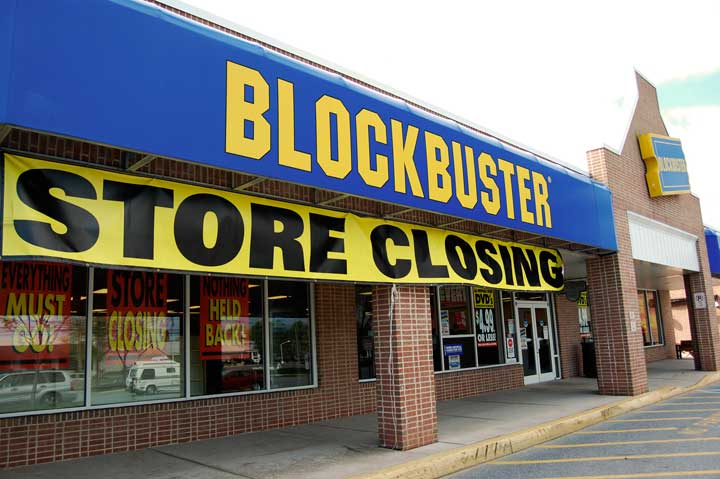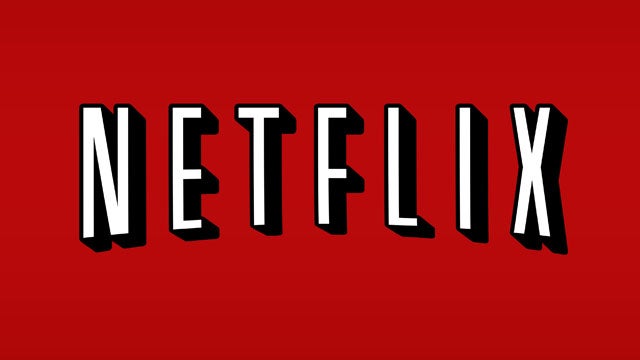Netflix didn’t kill Blockbuster, it was the media – ex-boss

If you read Blockbuster’s obituary, you might see the words “brutally slain by Netflix” but the former CEO of the one-time video rental empire is here to tell you otherwise.
In a new interview, ex-Blockbuster boss James Keyes reckons the company was well placed to withstand the Netflix juggernaut, but not a maelstrom of media coverage predicting a slip into bankruptcy.
“We were very well positioned to succeed over Netflix because we had arguably a superior offer,” Keyes told Management Today (via Fortune).
Pixel 7a with 100GB data just £14.99 a month
The Pixel 7a is a “mid-range triumph” in our book. You can get the phone for just £9 up front and then £14.99 a month with 100GB of data. A veritable steal!
- Mobiles UK
- 100GB data, £9 upfront
- £14.99 a month
What was that offer? Well the 2008 acquisition of the Movieline video streaming service that amounted to a pretty large movie library for the nascent online streaming market. Keyes also had reinstated late fees, which were bizarrely scrapped by his predecessor, and he apparently had an “exciting” deal with Google lined-up.
However, a New York Times report, which led with a “Blockbusted” headline, accompanied by a picture of Keyes looking like Pinocchio is what started the real downfalll, according to the ex-boss. Keyes had denied that Blockbuster was going bankrupt, but Moody’s had claimed the company mightn’t be able to refinance its billion dollar debt in 2009.
“The probability to fail just was a killer headline,” Keyes said. “All of a sudden, the press started saying Blockbuster was going to file for bankruptcy. We had no intention of doing so.”
Blockbuster eventually did file for bankruptcy in 2010.
Keyes said it still hurts that he’s the man associated with the downfall of one of the world’s most iconic companies. Especially the assertion that he couldn’t keep up with emerging technology.
“When I google my name today, I’m still plagued with being the guy that failed to keep up with technology,” he said. “That hurts given the fact that my great purpose of being there was to embrace technology and take it to the next level.”
“There’s some kid on the couch, eating popcorn, saying ‘This is the guy that screwed up Blockbuster’,” he added. “I just think you have no idea what it took at the time to be able to withstand that storm.”





